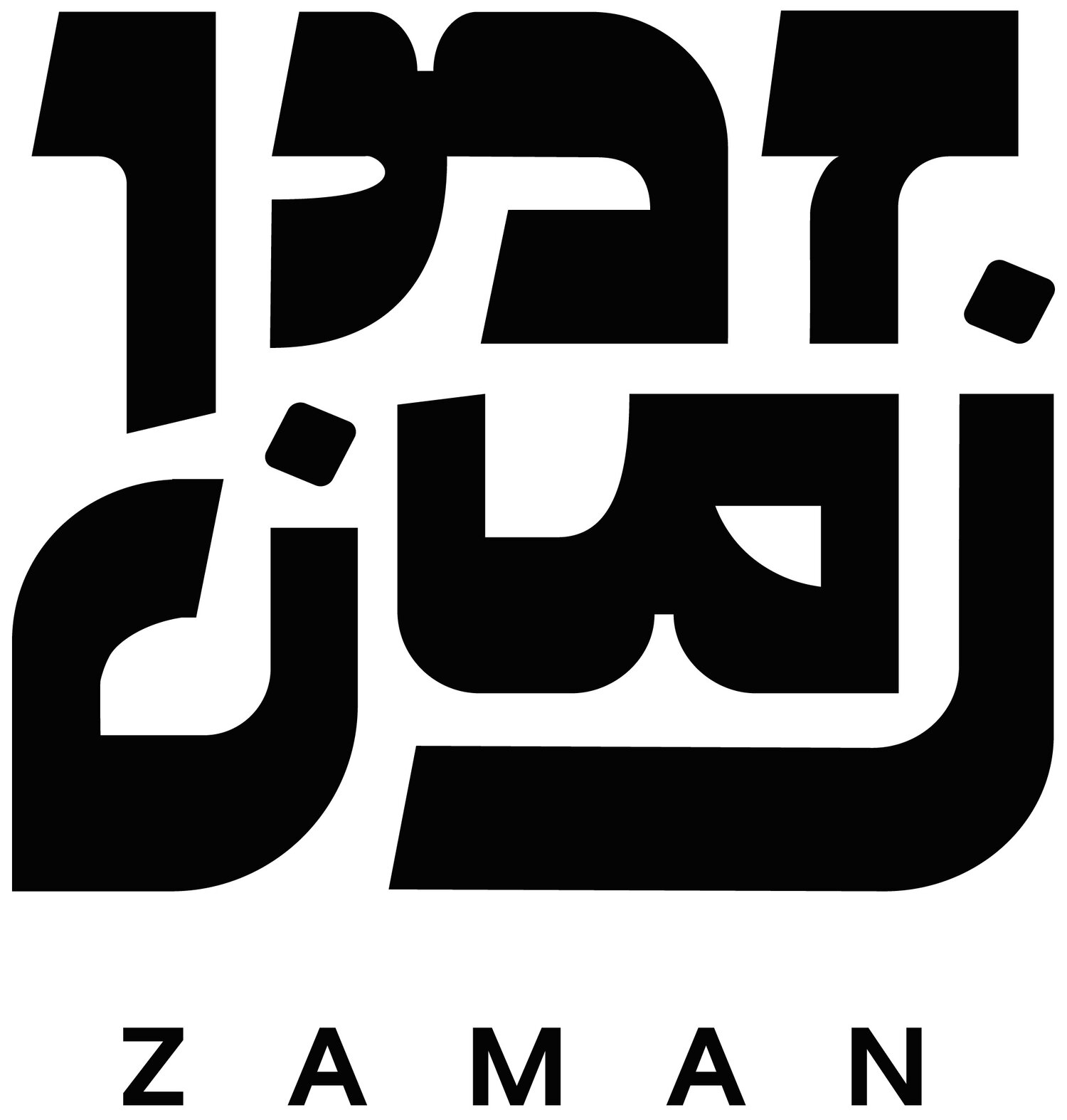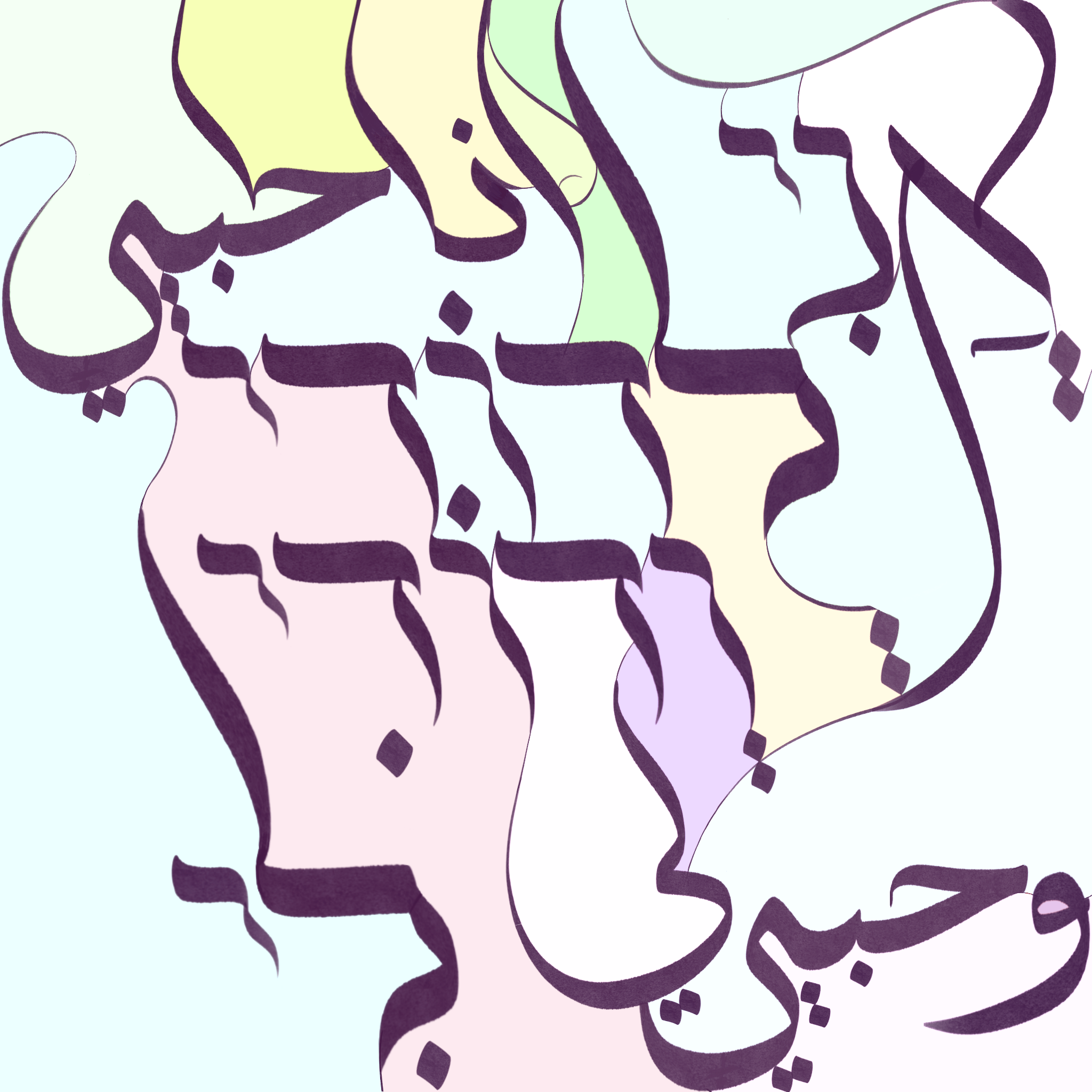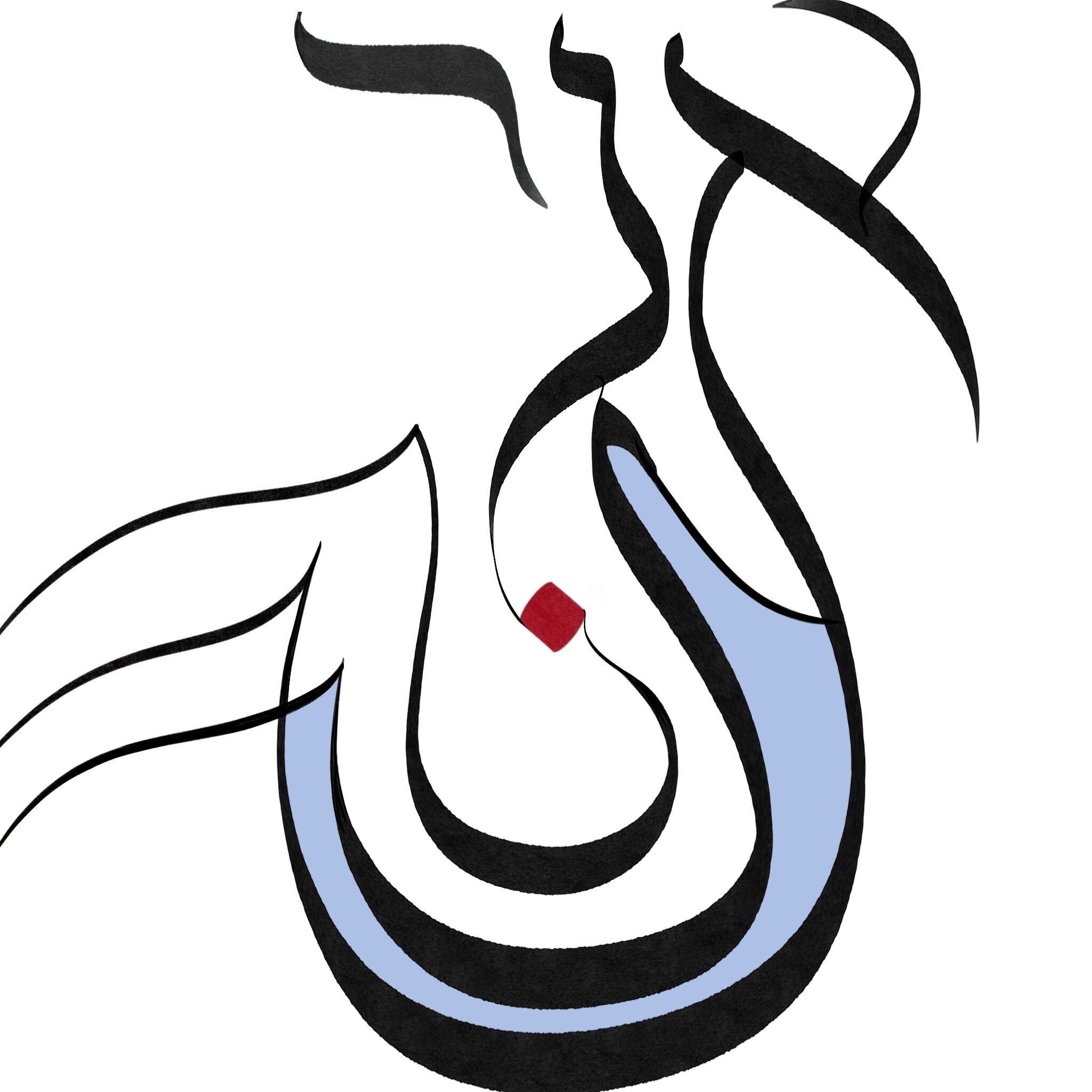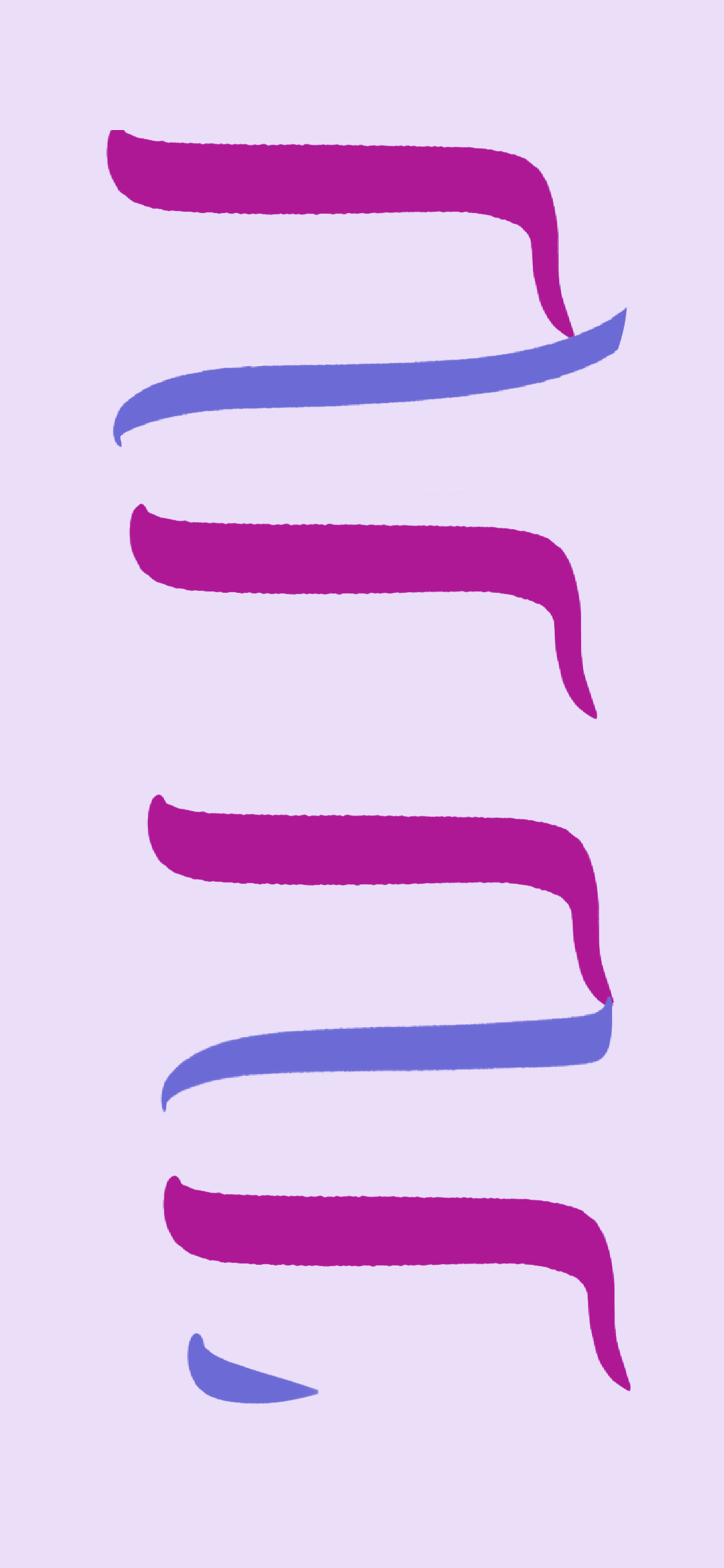Writing Between Tongues: The Calligraphy of Ruben Shimonov
Ruben Shimonov’s hybrid identity as a Bukharian, Sephardic, and Mizrahi Jew continuously informs his work as a community builder, educator, and artist. He is the Executive Director and co-founder of the Sephardic Mizrahi Q Network (SMQN), a New York City-based grassroots organization building a vibrant and supportive community for LGBTQ+ Sephardic and Mizrahi Jews. Between his work with SMQN and the Muslim-Jewish Solidarity Committee, Ruben has designed an innovative interfaith Arabic-Hebrew calligraphy workshop that he has facilitated in numerous community gatherings around the world.
Interweaving Arabic and Hebrew, Ruben’s multi-sensory calligraphy installations, which include audio, video, performance, and interactive components, create a space for these two Semitic languages to encounter one another in familiar and new ways. Often focusing on cognates, his work explores the ways in which these languages, their complex histories, and their rich ties to spirituality intersect and interact with each other. He also frequently incorporates another West Asian language that is dear to his identity— Farsi.
“veyasem lekha shalom” - “May G-d grant you peace”
Passages about the city of Bukhara, taken from the classical Persian poetry of Rudaki and Rumi-
“oh Bukhara! be joyous and live long! your king comes to you in ceremony.” (Rudaki)
“Bukhara was a mine of knowledge, of Bukhara is he who possesses knowledge.” (Rumi)
A verse from Shir Hashirim (the Song of Songs) -
“I am my beloved’s and my beloved is mine,” in Hebrew and Arabic.
“eshq” - “Love” in Farsi
A verse from Pirkei Avot -
“If I am not for myself, who will be for me?
If I am for myself, what am I?
And if not now, when?”
“ani” / “ana” - The pronoun “I” in Hebrew and Arabic
The Jewish name “Miryam" and its corresponding verse from Mishlei (Proverbs) -
“The light of the eyes makes the heart happy, and good news fattens the bone.”
Above: “bri’ut” - “Health”
Below: “gam ze ya’avor” / “in niz bogzarad” - “This too shall pass” in Hebrew and Farsi
Two appropriate wishes for the world this season.














